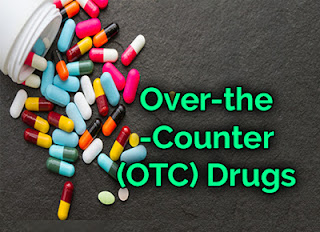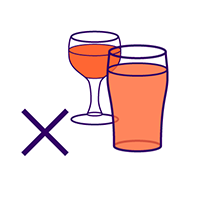For a complete sun protection strategy, sunscreens play an
important role. Sunscreens protect you and your family from sunburn, skin
cancer, early skin aging and other risks of overexposure to the sun. However,
applying sunscreen is not enough to save you from intense sun rays. It is recommended
to follow some other tips like
Avoid going in sun during the time 11 AM to 3 PM when sun
rays are at peak.
Wear long-sleeved shirts, pants clothes that cover skin
exposed to the sun.
Use sunscreens with SPF 15 or higher.
Reapply sunscreen at least every two hours, and more often
if you're sweating or jumping in and out of the water.
There is a procedure to apply sunscreen: Apply sunscreen
30minutes before going outside. This will help in better absorption of
sunscreen into the skin. To cover the entire body and face use enough of
sunscreen.
Everyone can use sunscreen except infants.
What does SPF stand in sunscreen?
SPF stands for Sun Protection
Factor. This tells you how long the sun’s UVB rays would take to redden
your skin if you apply the sunscreen exactly as directed compared with the
amount of time without sunscreen. So, if you use an SPF 30 product properly, it
would take you 30 times longer to burn than if you used no sunscreen.
The best practice is to apply 30 minutes before venturing
outside to allow the sunscreen to bind to your skin. Reapply every two hours of
exposure and immediately after swimming or excessive sweating.
Even when it’s cloudy, up to 80 percent of the sun’s UV
radiation reaches the earth. Going unprotected on an overcast day can lead to
skin damage.

















